
Passed by Congress in 2017 as part of the Tax Cuts and Jobs Act, the Craft Beverage Modernization and Tax Reform Act (CBMTRA) created a two-year provision for Federal excise tax relief to craft brewers who produce fewer than two million barrels (bbls) annually. Additionally, CBMTRA offers numerous other benefits for wine and distilled spirits producers, along with considerations for brewers producing over two million bbls annually.
Introduction of the Craft Beverage Modernization Act and Tax Reform Act of 2019
Due to the existing legislation sunsetting after December 31, 2019, Members of Congress have introduced a bipartisan supported extension of the current law — the Craft Beverage Modernization Act and Tax Reform Act of 2019. Expiring after December 31, 2020, the new CBMTRA would retain the current excise tax rate of $3.50 per bbl on the first 60,000 bbls for domestic brewers that produce less than two million barrels annually; 50 percent of the previous tax of $7 per bbl produced.
99 percent of U.S. breweries are estimated to fall into the “small domestic” brewer category and are slated to see their excise taxes double if the bill is not passed. For those checking their math, this increase results in an additional $210,000 of Federal excise taxes payable for a brewer producing 60,000 bbls annually. If we convert that into the simplified average craft beer price in my home state of Missouri, that equates to roughly 35,000 craft beers, or just over 5,800 six packs.
Additionally, CBMTRA sets the Federal excise tax at $16 and $18 per bbl for the for all other brewers on the first 6 million bbbls and over 6 million bbls, respectively.
Additional considerations
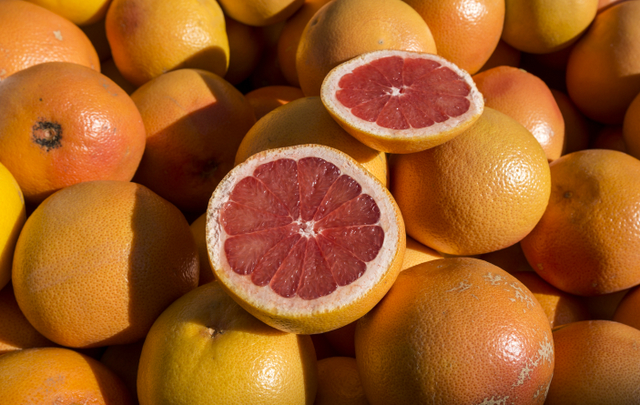
Along with reduced Federal excise taxes, CBMTRA contains additional considerations important to craft brewers including relief from complex inventory and recordkeeping rules and formulation approvals.
Generally, brewers are subject to a variety of internal documentation and inventory rules. For example, separate records and physical inventory segregation are required for taxpaid and non-taxpaid beer. In addition, the Alcohol and Tobacco Tax and Trade Bureau (TTB) may require breweries to separate taxpaid inventories marked for different end users (brewpubs, wholesale, etc.). Taxpaid inventories received from other breweries must also be isolated from inventory produced in-house. This provision would permanently require the TTB to permit simplified inventory and storage procedures for beer produced in-house on which tax has already been paid. A similar two-year provision was enacted in 2018 and is scheduled to expire at the end of 2019.
As was quickly learned by many outside the industry during the 2018-2019 Federal government shutdown, the TTB requires approval for independent “formula approval,” amongst other necessary approvals, for any ingredients or production methods not generally recognized as traditional in the production of beer. This approval process historically takes 60 or more days to conclude. In 2014 and 2015, the TTB expanded the list of ingredients not requiring formula approval to include a limited list of fruits, spices and other ingredients. This provision in CBMTRA would, for the purposes of label approvals, include the addition of any wholesome fruits, vegetables or spices suitable for human consumption not containing alcohol and safe for use in an alcoholic beverage as a “traditional process” in the production of beer. This will increase the turnaround time between the formulation and production and the consumption of more delicious beer.
Conclusion
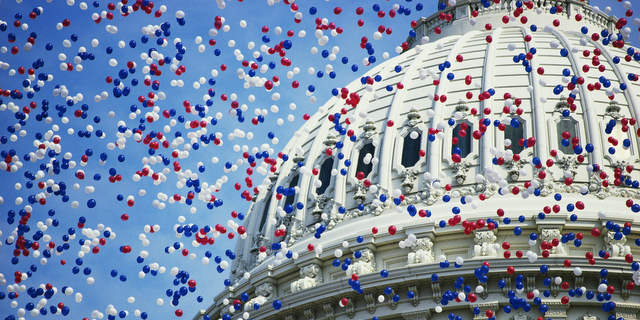
Receiving 68 percent support by the American public and bipartisan support in both the House and Senate, the passing of the Craft Beverage Modernization Act and Tax Reform Act of 2019 is a crucial step in the right direction. The craft brewing industry contributed over $791 billion to the United States economy and over 550,000 jobs in 2018. With the passing of CBMTRA and continued support from those in the industry, the future is bright for the vibrant and lively craft beer community.
Tim O’Neill, CPA, is a tax supervisor and leader of food and beverage industry services at Mueller Prost CPAs + Business Advisors in St. Louis.

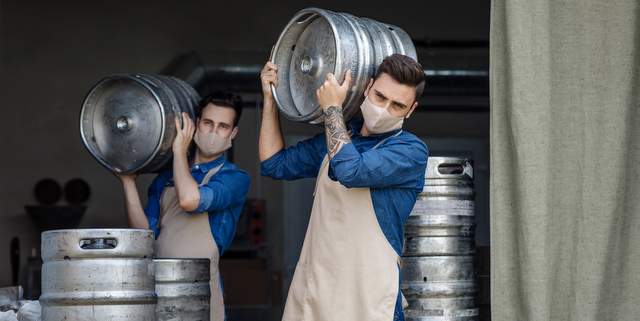
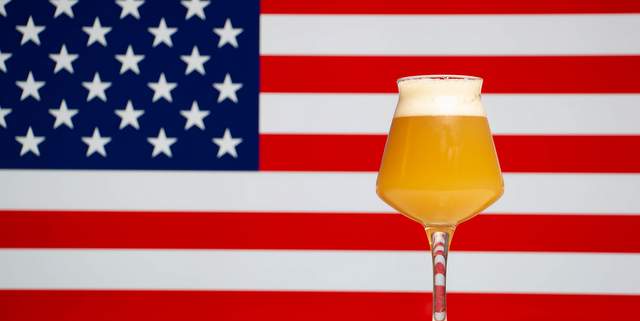
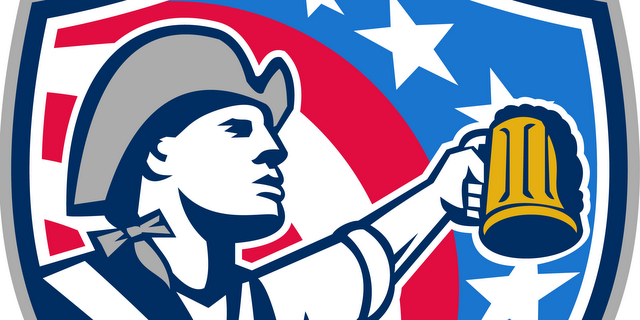
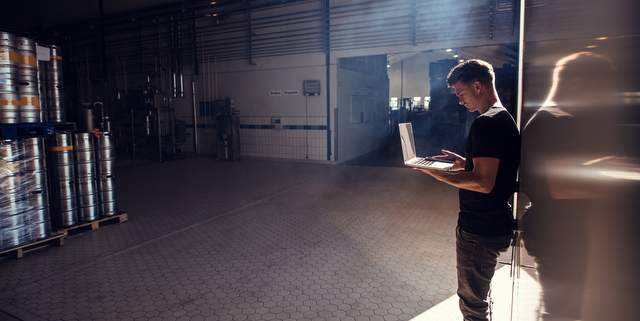
CraftBeerInSanDiego says
@muellerprost Can I ask for clarification? Are you calling for it to pass or reporting that it has passed?